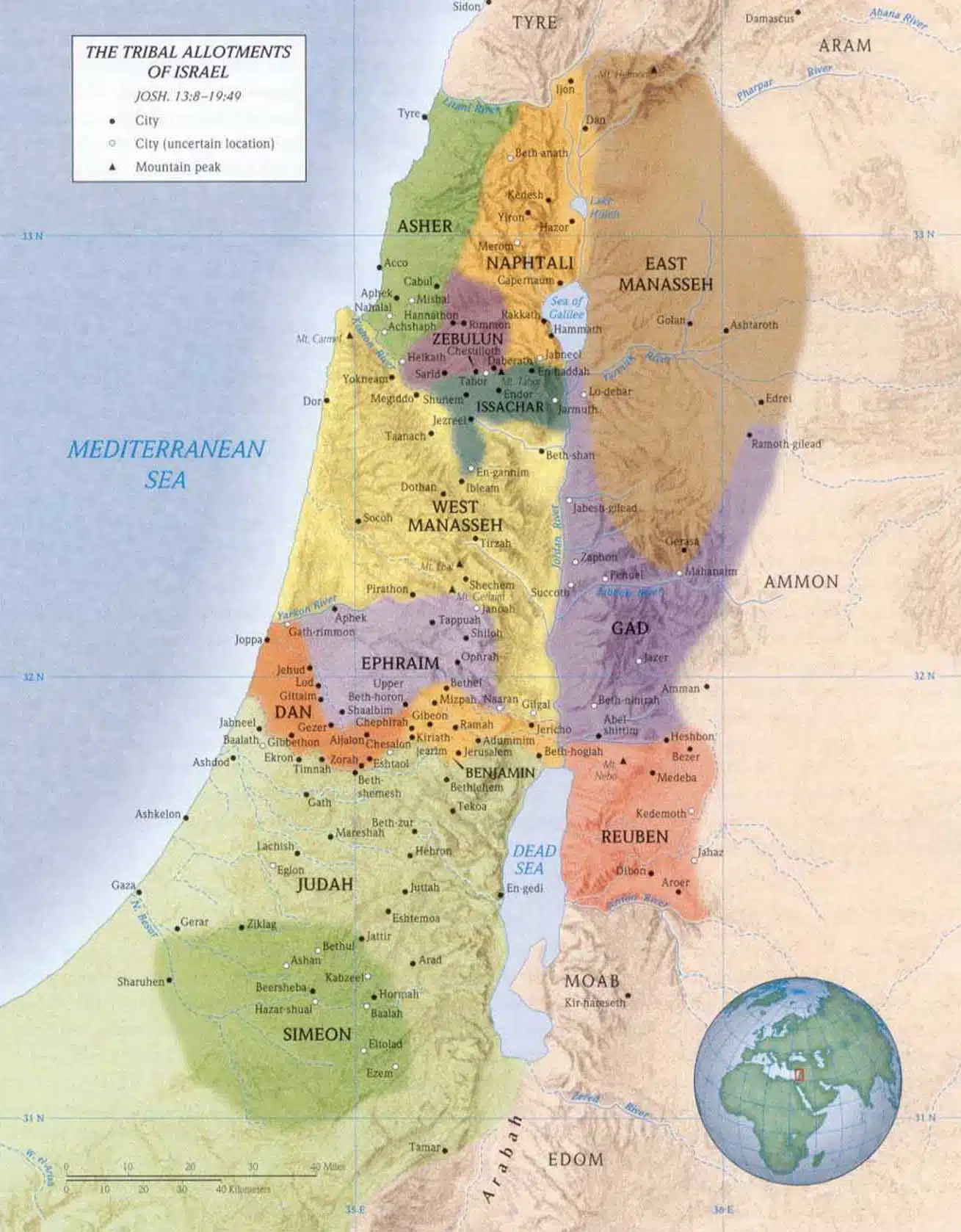With so much oppression and rivalry, perhaps it is better to do life alone. But, alas, this too is vaporous.
Solomon looks again at the vanity (hebel, see our commentary for Ecclesiastes 1:2) of life under the sun. Solomon uses a new literary device, telling a story.
It is about a man with no dependent, or son, or brother. Yet there was no end to all his labor. He works as though he were supporting a whole tribe because his eyes were not satisfied with riches.
The word translated dependent is sheniy, which means second. It might be properly translated as “partner” or “another.” It could refer to a wife. Sheniy is the word used in Genesis 1:8 to describe the second day of creation and in Geneses 4:19 to describe Lamech’s “additional” wife. So, it is not only a dependent in terms of an heir. This man is deprived of community, togetherness. He has no one to share life with. No son or brother.
Even so, the man is driven to gather wealth. He lacks contentment no matter how much he accumulates. He can’t gain enough riches. There is no end to his labor. He gains great riches, but his eyes are not satisfied with what he has accumulated. He wants more. But to what end? The man never asks the question, “And for whom am I laboring and depriving myself of pleasure?”
The word for pleasure is towb, which is often translated “good.” It is used in Genesis 1:4, “God saw that the light was good (towb)” and throughout Genesis 1 it is towb that is used to describe God’s assessment of creation. So, it is not just frivolous pleasure Solomon is referring to. He states that the workaholic never asks, “Why am I depriving myself of enjoying life?”
Solomon concludes this story of the lonely man by reminding us that the situation of this certain man is hebel, vanity. And he adds a new companion to his standard assessment. He refers to this as a grievous task. The word for task is inyan, a general occupation or affair. So it is not just a moment or event. A life dedicated to material accumulation is a life that is grievous.
Biblical Text:
7 Then I looked again at vanity under the sun.8 There was a certain man without a dependent, having neither a son nor a brother, yet there was no end to all his labor. Indeed, his eyes were not satisfied with riches and he never asked, “And for whom am I laboring and depriving myself of pleasure?” This too is vanity and it is a grievous task.
Check out our other commentaries:
-
Genesis 24:20-27 meaning
After Rebekah waters the camels, Abraham’s servant asks her who she is. She tells him she is the daughter of Bethuel, the son of Milcah...... -
Habakkuk 3:8-15 meaning
Habakkuk wants to know the ultimate purpose of the LORD’s manifest presence. The prophet then realizes that the LORD’s appearance is to deliver His covenant...... -
Acts 5:33-39 meaning
Many in the Council are enraged by the apostles’ defense. They wish to kill them. But Gamaliel, a Pharisee, advises the other religious leaders to...... -
Joel 2:4-11 meaning
The prophet describes details of the army which God will use to carry out His judgment on Judah, along with a description of the devastation...... -
Deuteronomy 4:44-49 meaning
This section provides the historical and geographical setting for the covenant message. It also summarizes Israel’s victory over the two kings of the Amorites, across......



